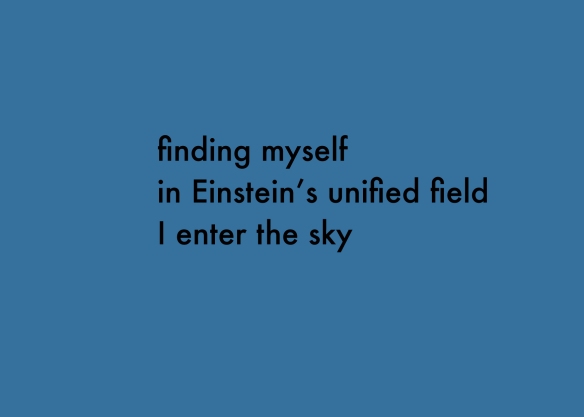 – click on the cover to read the issue as a flipbook –
– click on the cover to read the issue as a flipbook –
– R’r 12.3 (downloadable PDF) –
. . .
scorpion prize 27 by Craig Dworkin
70+ new poems
Part I of an interview with translator Makoto Ueda
MASKS 4
3 essays by Jack Galmitz on the work of Robert Boldman, Richard Gilbert, & Mark Harris
& the announcement of a new section in R’r: homeland
submission deadline for 13.1 is April 1, 2013: scott@roadrunnerjournal.net
—




